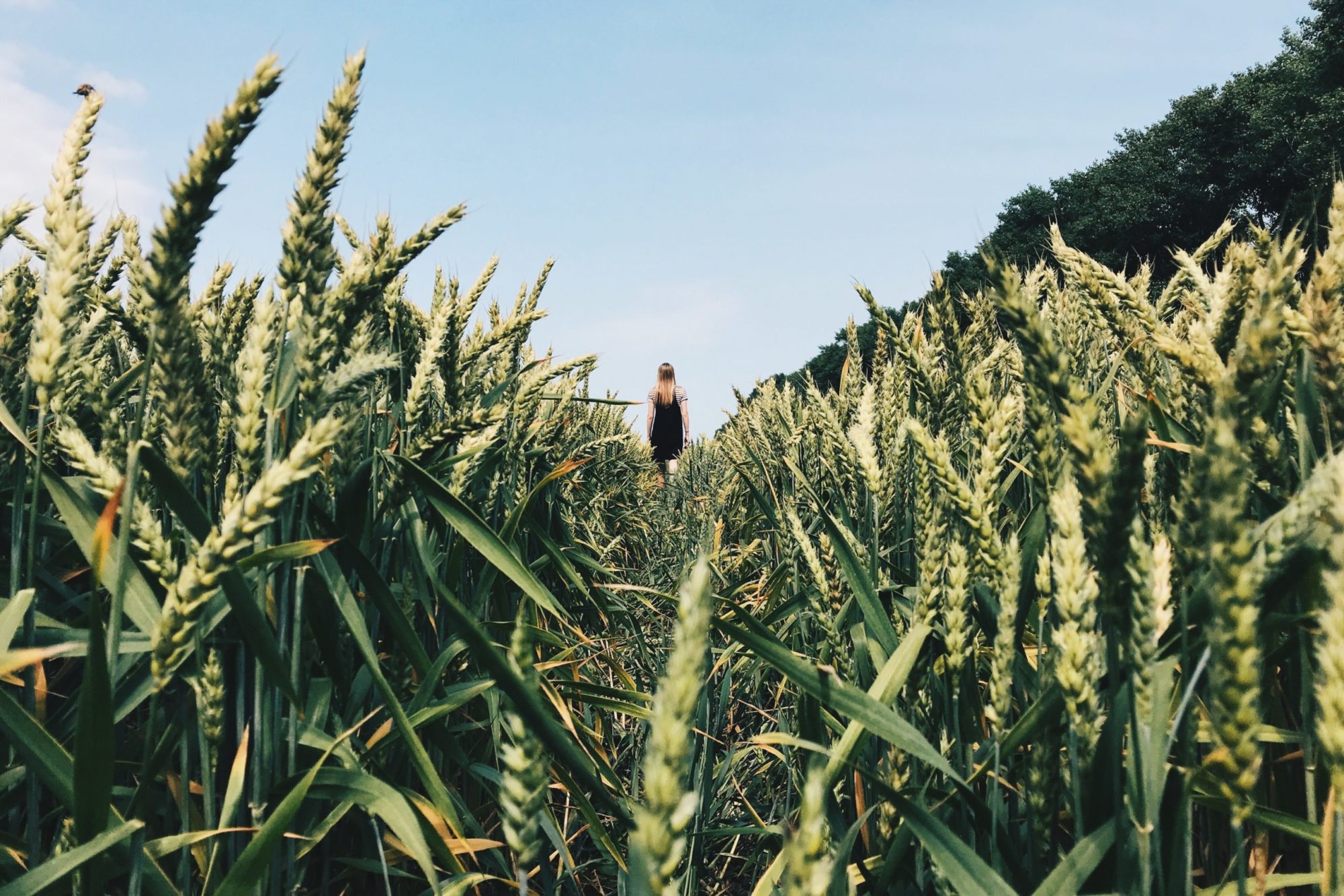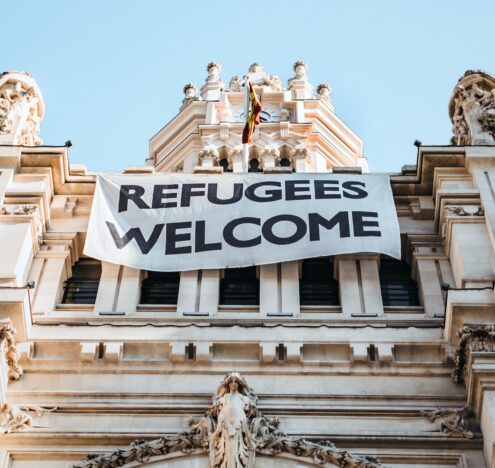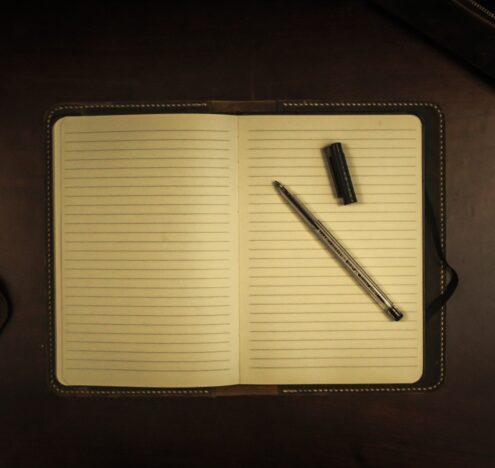Watching rockets flying over the city of Kyiv on a cold March night is surreal. Only four months ago I walked the streets of that city, the autumn leaves coloring the urban blocks of the city’s center. As I looked at my hotel window, I saw the golden domes of St. Sophia’s church in the moonlight and was awakened in the morning by the sound of its bells tolling the hour from the Church of Saint Michaels, across the way. All of these images will be forever fixed in my mind as a memory of better days.
If we can learn one thing about the more than one million refugees now streaming across Ukraine’s borders, a taste of home can be a powerful reminder of what they leave behind. A bowl of borsch, a dumpling, a slice of local bread can all provide the hope that a nation that is now under siege can be broken down to its flavor DNA. Food is not only a necessity for survival. It is also uniting humanity in what may be a very long war.
MESSAGES FROM UKRAINE’S CHEFS
It was only in October that I was in Kyiv teaching at the Ukrainian Foreign Ministry’s Diplomatic Academy. The subject: Culinary Diplomacy and Gastrodiplomacy. Ukrainians were eager to launch a soft power initiative to win hearts and minds with their cuisine, and especially borsch around the world. And I was eager to show the power of food to build trust among nations. When one young diplomat pulled me aside during the break, he asked me if food could really prevent a war with Russia. My honest answer was that food can be a bridge for building understanding, but it was not always the solution if minds were already made up. What is clear from psychological studies is that eating together does break down barriers and promote better communication.
While I lectured on theories of why food was a powerful tool of soft power, I was treated to the tastes and tales of Ukrainian chefs and home cooks. My Ukrainian colleagues did not waste time regaling me with the tastes of their homeland, from tales of working as judges at their international cheese festival, to participating in a cooking show with Chef Yuri Korveychenko, the Foreign Ministry’s chef ambassador, who taught me how to make “modern” borsch. I could hardly ignore the pride and nationalism that suffused the conversation of each person I met when it came to talking about Ukrainian cuisine.
Fast forward to Feb. 24, 2022. Like the rest of the world, I watched in horror as Russia invaded a sovereign state. Ukraine is now under siege by a huge phalanx of armored vehicles and child soldiers that follow Putin’s orders but do not understand the implications of a war where brothers are fighting brothers. Putin has always liked to fight a dirty war, using cluster bombs and attacking civilian locations. There will be many dead on both sides.
My friend posts instructions for making her favorite cocktail, the Molotov, on her Facebook feed. Yesterday, she created a liquor that was called “Death to Putin.” She asked me to come to the city to celebrate when he’s gone.
My colleagues in Kyiv and Lviv are determined to remain in place. At great risk, they are resisting. I want to share are some of their words about the on-the-ground situation.
From Kyiv, my host at the Diplomatic Academy says: “As for Ukrainian chefs in Kyiv, no one has left. They feed soldiers and people. Some give their basements as shelters And no one has the intention to leave; they will rebuild what was broken.” She adds:
“We are safe, but NOT OK. My kids were supposed to go to school and kindergarten on Thursday and Friday and meet their beloved friends. Instead, they woke up from bomb sounds, packed their belongings and checked the closest bomb shelter. … My older son had never used so many hate words, my younger one builds bomb shelters in Minecraft. They never forget, they are not OK. Tonight, my KYIV was under attack, my beautiful city which I showed you during our first lockdown (referring to COVID-19) 50 meter from us Russians landing operations were taking place, we were hearing shots all night long.”
From Lviv, my friend and borsch expert writes, “I think Ukraine needs me here. We are safe so far. …the situation is not easy.” She posts instructions for making her favorite cocktail, the Molotov, on her Facebook feed. Yesterday, she created a liquor that was called “Death to Putin.” She asked me to come to the city to celebrate when he’s gone.
THE BREADBASKET OF EUROPE
Ukrainians have suffered the impact of food insecurity, from the earliest days of the 20th century, when Stalin diverted the crops of Ukraine’s rich farmland back to Russia. The Holodomor, as this time is known, is still fresh in minds of many other Ukrainian citizens. Then came Hitler’s invasion of Ukraine to seize the richest farmlands to feed his armies and ensure the starvation of Ukraine’s Jewish population. Food and access to it have played central roles in a nation known as the breadbasket of Europe.
One of the first victims of war is agriculture. If farmers are called to arms, then the planting season is thrown off. In Ukraine, corn is sown in March. The wheat crop is planted next. The steppes of this country, where the wonderful black soil has been the prize of every conqueror, also need people to ensure that there will be harvests in the fall. Now the commodities supply chain has been thrown into a downward spiral as the fighting on Ukrainian soils moves from east to west.
If the war continues for months, and all analysts suggest we are looking at a long-term conflict, one of the most important food-exporting regions of the world will be compromised. We could be facing a global food system meltdown, according to a group of food security analysts. Ukraine’s wheat feeds the Middle East, Europe and many parts of Sub-Saharan Africa. Its corn is exported to feed animals. It is not a trivial player in the global commodities markets. Based on current statistics, Ukraine is the sixth-largest exporter of wheat in the world, contributing 12% to the global market. It also exports 13% of the world’s corn. Russia and Belarus also figure into this equation as both countries export fertilizer, an essential input in farming.
Ukraine’s food doesn’t just matter to Ukrainians — it matters to the rest of the world, too. Food is a national security issue. The potential for a global food crisis that will impact both the developed and developing world is real. A European war, coupled with other climate stressors and infrastructure problems to move commodities to the global marketplace will affect access to food, higher prices, and possible food hoarding by grower nations. Along with support of military operations, we must work with our allies to avoid a food fight at this critical juncture in history.
Today, my colleagues in Kyiv, Odessa, and Lviv are all putting up a courageous fight to save their country. I can only pray that they will be safe, their children will not suffer too much trauma, and that they will come through this a stronger country that can brand not only its cuisine, but its democracy as a symbol of hope for a world in a very dark time.
Johanna Mendelson Forman is creator of Conflict Cuisine®: War and Peace Around the Dinner Table. She is an adjunct professor at American University’s School of International Service and a Distinguished Fellow at the Stimson Center in Washington, D.C. She is an expert on food and conflict, gastrodiplomacy, and using food as a tool of peacebuilding. She spent the month of October in Ukraine where she taught a course on Culinary Diplomacy as Soft Power at the Diplomatic Academy in Kyiv and lectured in Odesa and Lviv.





















